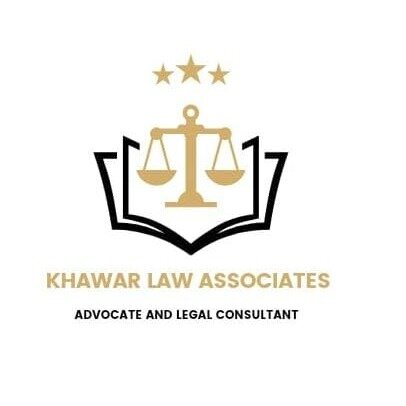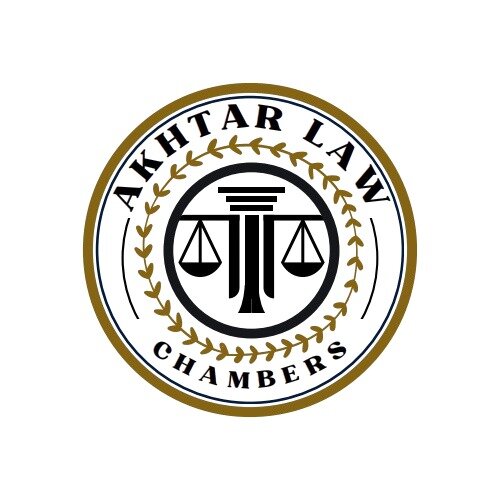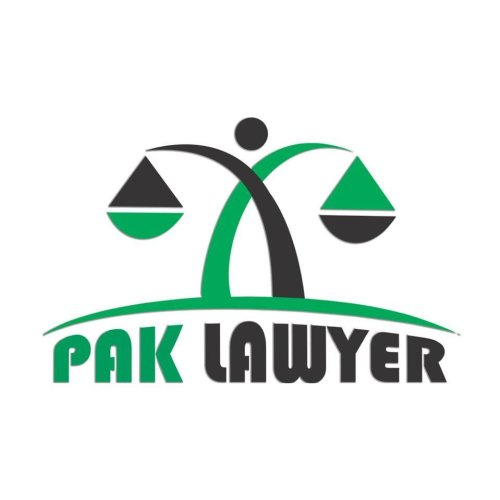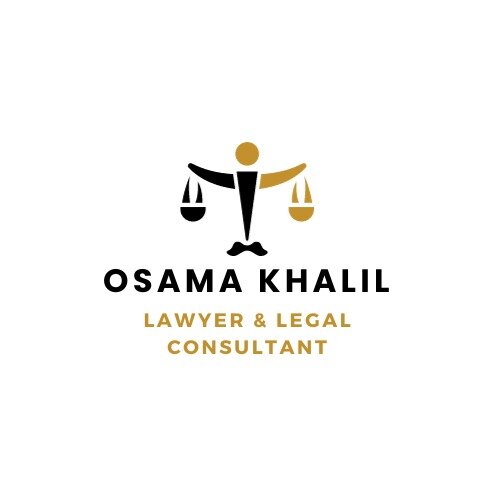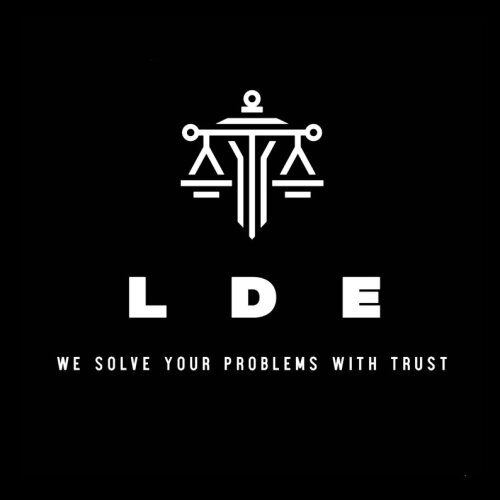Best Child Abuse Lawyers in Pakistan
Share your needs with us, get contacted by law firms.
Free. Takes 2 min.
Free Guide to Hiring a Family Lawyer
Or refine your search by selecting a city:
List of the best lawyers in Pakistan
About Child Abuse Law in Pakistan
Child abuse in Pakistan is a serious issue that encompasses physical, emotional, sexual abuse, and neglect of minors. The government recognizes these acts as crimes and has instituted various laws to protect children. However, social and cultural challenges often lead to underreporting and under-prosecution of these crimes. Efforts have been made at both federal and provincial levels to strengthen legal frameworks and improve child protection systems.
Why You May Need a Lawyer
You may need a lawyer if you or someone you know is facing or has been accused of child abuse. Legal professionals can provide guidance on filing reports, navigating the legal system, protecting parental rights, or aiding in the prosecution of perpetrators. They can also help in civil litigation cases involving claims for damages due to abuse, and advise in custody and welfare cases where abuse is a factor. Legal expertise is crucial to ensuring justice and safeguarding the rights of children and families involved.
Local Laws Overview
Several laws in Pakistan address child abuse:
- The Pakistan Penal Code (PPC) includes sections that criminalize various forms of physical and sexual abuse.
- The Child Protection System Act 2014 provides a framework for the protection of children, outlining roles and responsibilities of relevant authorities.
- The Protection of Children Act 2014 establishes procedures for reporting and responding to child abuse cases.
- The Juvenile Justice System Act 2018 ensures the protection of children's rights within the justice system.
These laws, combined with provincial policies and prevention initiatives, form the backbone of legal measures against child abuse in Pakistan.
Frequently Asked Questions
What constitutes child abuse under Pakistani law?
Child abuse includes physical harm, sexual abuse, emotional maltreatment, and neglect that results in actual or potential harm to a child.
What should I do if I suspect child abuse?
If you suspect child abuse, you should report it to local authorities or child protection services immediately. Gathering evidence and documenting your observations can be crucial.
Can I report child abuse anonymously?
Yes, reports can often be made anonymously, although providing your contact information may be helpful for authorities to gather more information.
Who investigates child abuse claims?
Child protection units, police, and sometimes specialized social services are responsible for investigating child abuse claims.
How does the legal system support child victims?
The legal system provides support through child protective services, trauma counseling, and special court procedures designed to protect child victims' rights and welfare.
Is there a statute of limitations for prosecuting child abuse in Pakistan?
While some legal proceedings may be subject to statutes of limitations, cases involving severe abuse or minors often have extended or no limits, allowing for prosecution at any time.
What penalties exist for those convicted of child abuse?
Penalties can range from fines and compulsory correctional programs to lengthy prison sentences, depending on the severity of the abuse.
How can a lawyer help in a child abuse case?
A lawyer can provide legal representation, advocate for the child's rights, work with family services, or defend against false allegations, ensuring fair treatment under the law.
Can non-citizens access legal support for child abuse cases in Pakistan?
Non-citizens can access legal support, although there may be additional considerations or requirements they need to fulfill.
What role do cultural factors play in reporting abuse?
Cultural factors can lead to underreporting due to fears of stigma, familial pressure, or lack of awareness, which is why legal support can be crucial in navigating these challenges.
Additional Resources
Consider reaching out to the following resources for help:
- Child Protection and Welfare Bureaus: Local entities dedicated to child welfare and protection.
- National Commission on the Rights of Child: Offers advocacy and support for children’s rights.
- Sahil: An organization focusing on child protection against abuse.
- Madadgaar Helpline: Provides counseling and legal advice for victims of abuse.
Next Steps
If you need legal assistance in a child abuse case, consider the following steps:
- Consult with a Lawyer: Look for a lawyer with interest and experience in child protection cases. Initial consultations can often provide valuable insights into your legal situation.
- Gather Documentation: Collect any evidence, documents, or reports that can bolster your case, and bring these to your legal consultation.
- Contact Child Protective Services: If a child's immediate safety is in danger, contacting local child protective services or law enforcement should be a priority.
- Stay Informed: Educate yourself about the legal processes and options available to you through public resources and legal advice.
These steps can help ensure that you navigate the legal system effectively and secure the necessary protections and justice for those affected by child abuse.
Lawzana helps you find the best lawyers and law firms in Pakistan through a curated and pre-screened list of qualified legal professionals. Our platform offers rankings and detailed profiles of attorneys and law firms, allowing you to compare based on practice areas, including Child Abuse, experience, and client feedback.
Each profile includes a description of the firm's areas of practice, client reviews, team members and partners, year of establishment, spoken languages, office locations, contact information, social media presence, and any published articles or resources. Most firms on our platform speak English and are experienced in both local and international legal matters.
Get a quote from top-rated law firms in Pakistan — quickly, securely, and without unnecessary hassle.
Disclaimer:
The information provided on this page is for general informational purposes only and does not constitute legal advice. While we strive to ensure the accuracy and relevance of the content, legal information may change over time, and interpretations of the law can vary. You should always consult with a qualified legal professional for advice specific to your situation.
We disclaim all liability for actions taken or not taken based on the content of this page. If you believe any information is incorrect or outdated, please contact us, and we will review and update it where appropriate.
Browse child abuse law firms by city in Pakistan
Refine your search by selecting a city.




